Drug interactions with milk have been a long issue with some antibiotics medication. Milk is a very rich source of nutrient for body development and bone building. It has a lot of essential nutrients. It is filled with lots of proteins, minerals like zinc, calcium, potassium, vitamins like vitamin D, vitamin B12.
Low-fat and fat-free milk is also an essential part of the nutrient for hypertensive patients (DASH approach). It helps to reduce the risks of stroke and other heart diseases.
For all its benefits to the body, milk has been found to interact with certain medications. This is largely due to its high calcium content that reacts with some drugs, reducing the effect.
Drug interactions with milk: List of drugs to avoid.
It should be noted that milk is not the only food that interacts negatively with drugs. Cheese yogurt also has high calcium content, hence they have a similar negative interaction with drugs the same as milk. Grapefruit has been found to counteract the effects of medications such as calcium-channel blockers, cholesterol-lowering drugs (statins).

The calcium content of milk interacts with drugs by forming insoluble chelates with drugs. These chelates are insoluble and are poorly absorbed in the gastrointestinal tract. Other minerals such as iron, magnesium, aluminum are also implicated.
Read also Should I take diclofenac sodium or potassium?
Ciprofloxacin:
The calcium in the milk will interact with ciprofloxacin. It binds with the medication in the stomach and small intestine, forming an insoluble substance called a chelate. This will reduce the absorption of the drug. The advisable thing to do is to take milk two to four hours before the medication.
Norfloxacin
This is a second-generation fluoroquinolone antibiotic (same as ciprofloxacin). They have similar interactions with milk, iron, magnesium-containing foods.
Omeprazole:
It is advisable to avoid food that has high calcium content while taking the powdered form of omeprazole. This might not be necessary for the capsule or tablet form.
Tetracyclines
This is another group of antibiotics that should not be taken with milk. The milk calcium binds with the drug, reducing gut absorption. Take it at about two hours after taking a meal.
Doxycycline is another example of tetracyclines. Although the interaction between doxycycline and milk is not obvious, it is advised that milk should be avoided while taking the medication.
Osteoporosis medications (Bisphosphonates)
Bisphosphonates are the most common class of osteoporosis drugs called antiresorptive agents. They slow down the breaking down of bone in the body. Examples are etidronate, alendronate, risedronate.
These drugs are excreted unaltered and seem nonbiodegradable. They are rapidly taken up by the bones after absorption. Bisphosphonates should never be given with any meal or any calcium and iron because it will drastically reduce absorption.
Mercaptopurine
Mercaptopurine is a purine antagonist used to treat leukemia. It should not be taken with milk or dairy product, rather two hour-interval should be given before administering the drug.
This is because milk contains xanthine oxidase, an enzyme that breaks down the drug and reduce the concentration in the plasma.

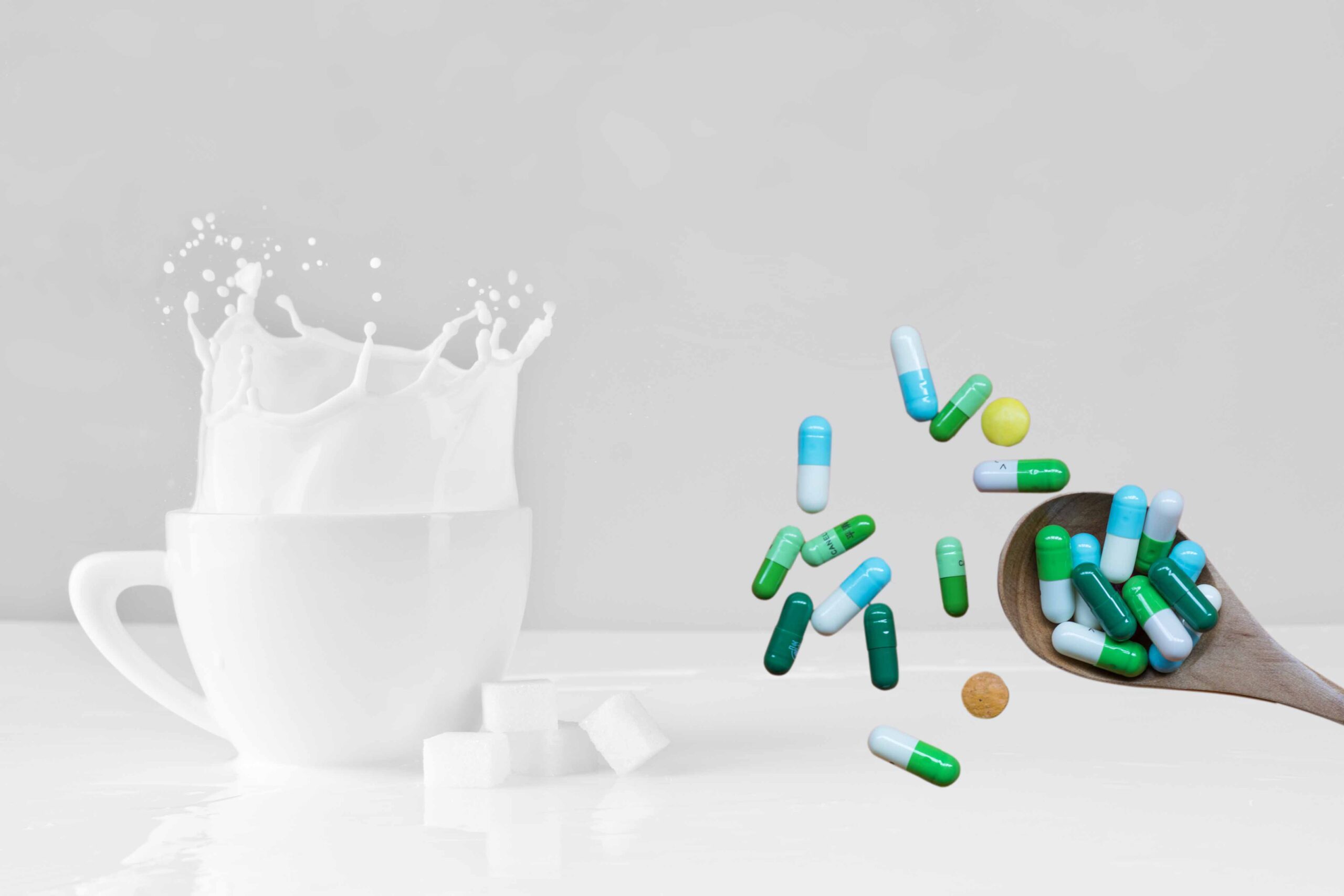


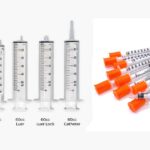
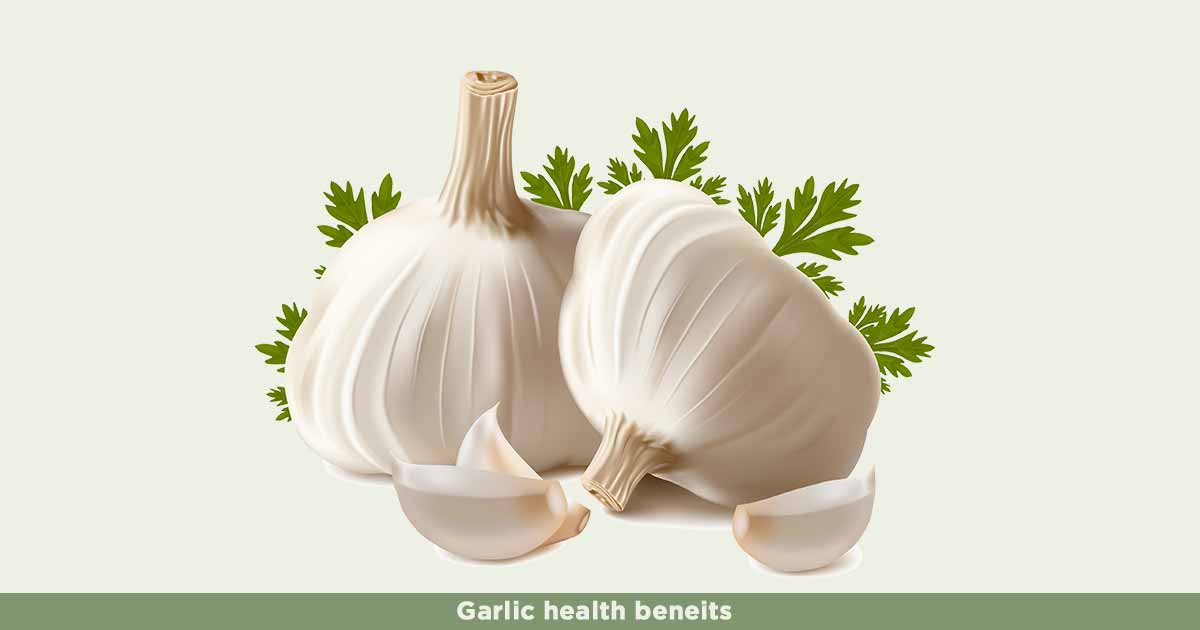
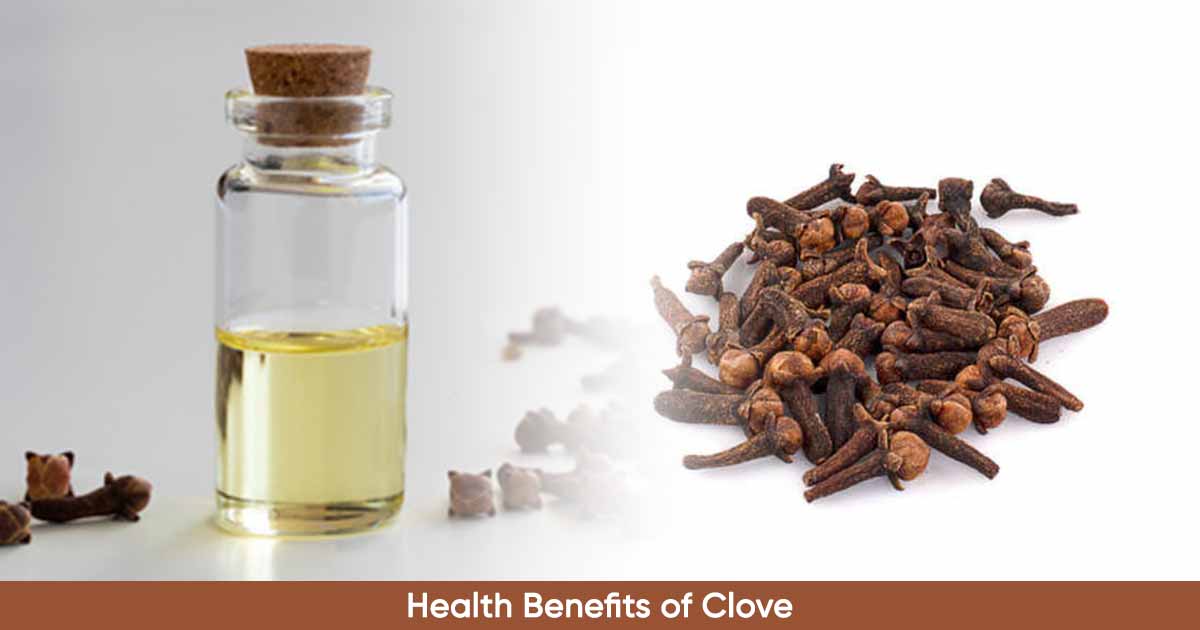


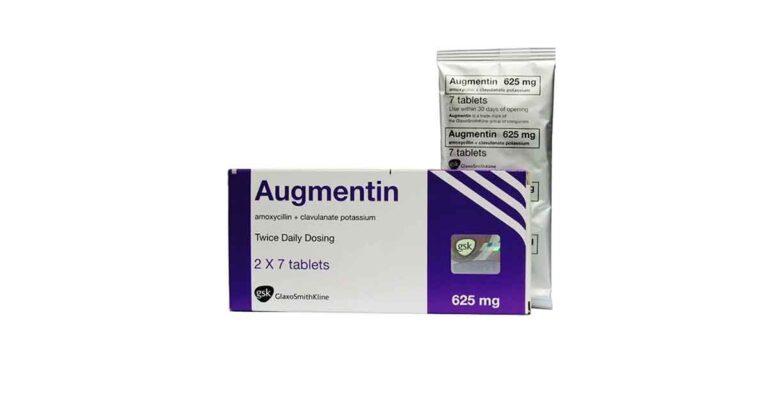
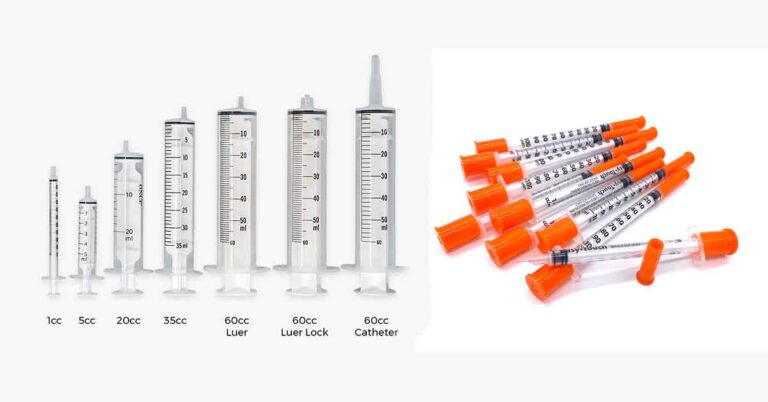


1 thought on “Drug Interactions: 6 Drugs you should avoid taking with milk”